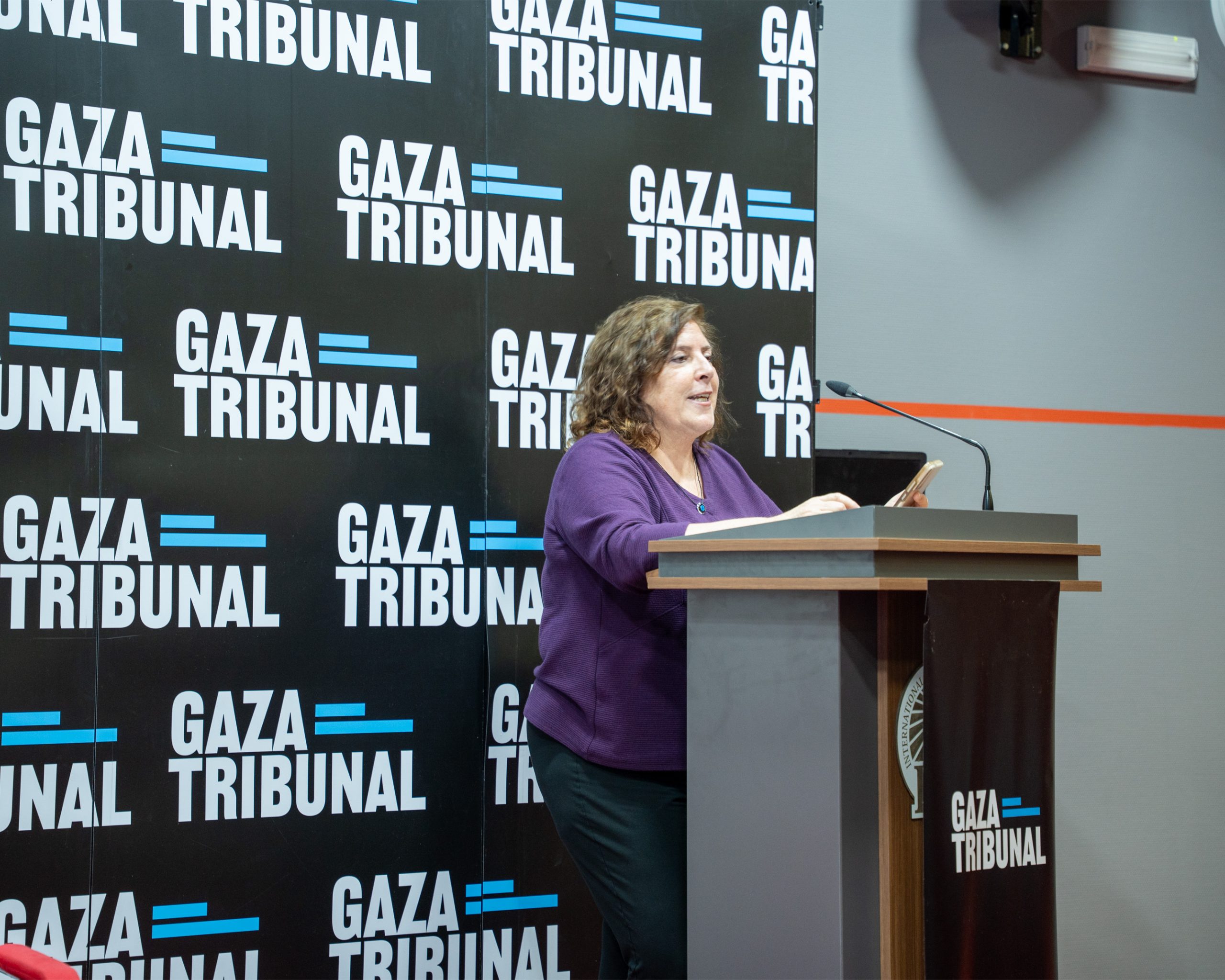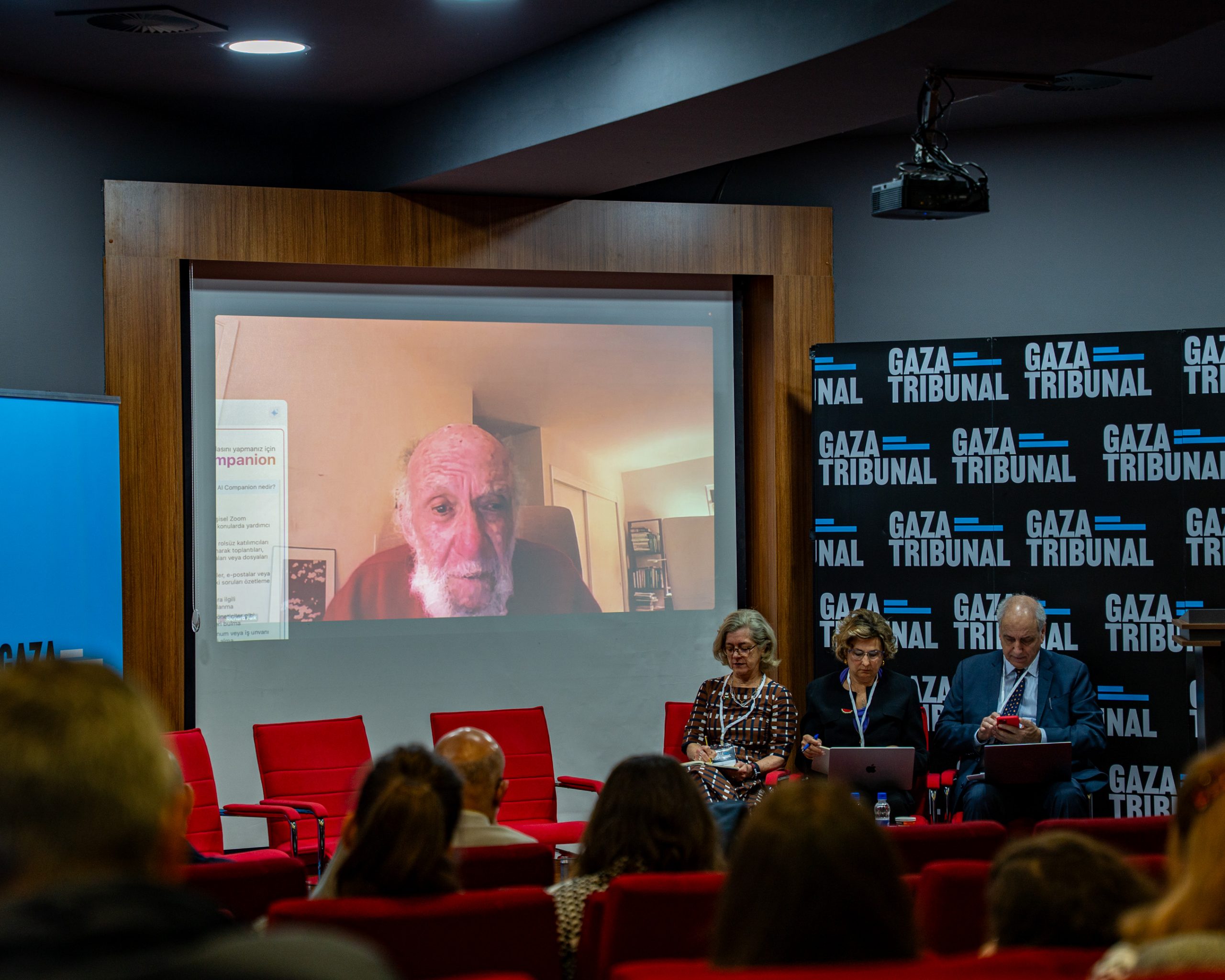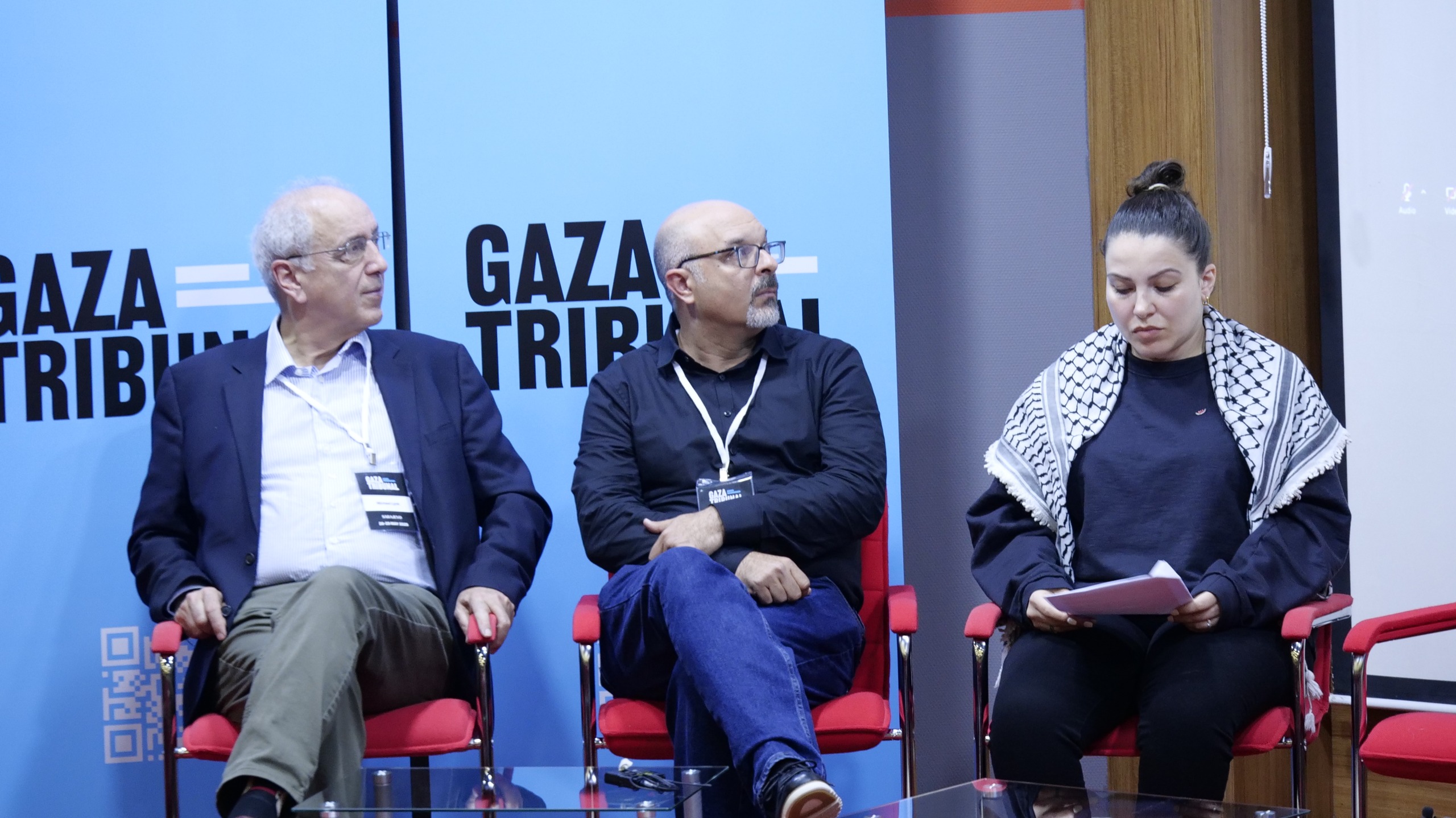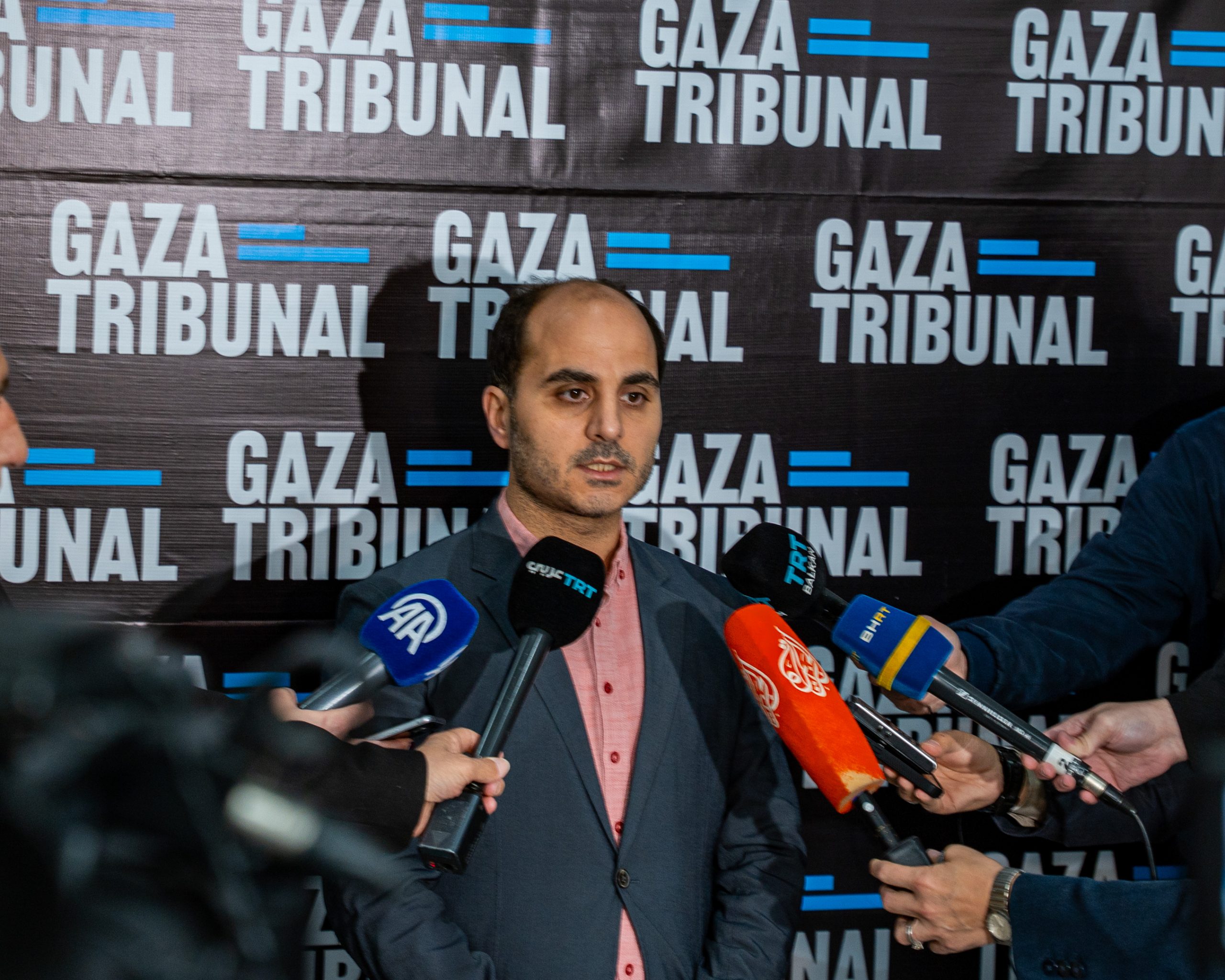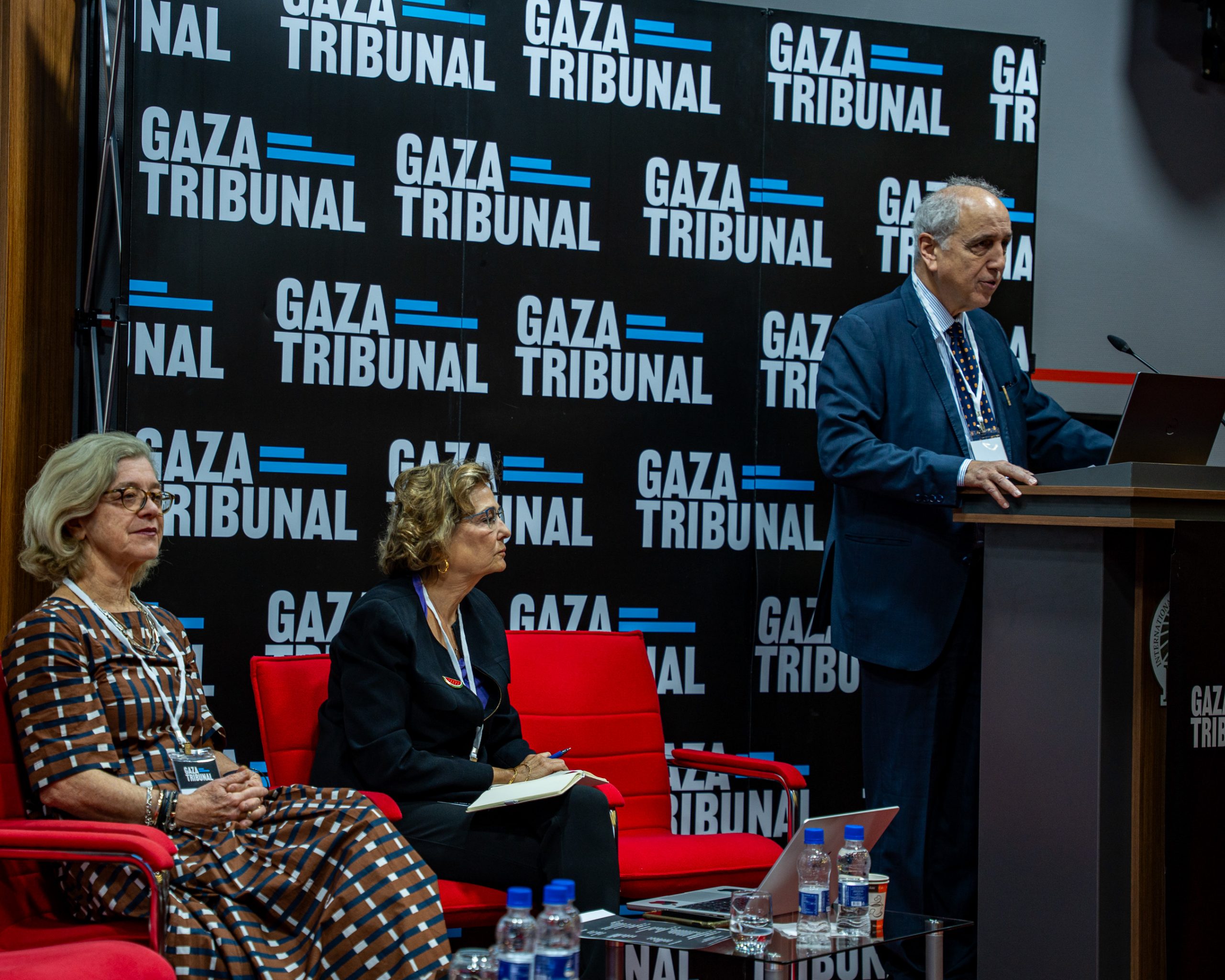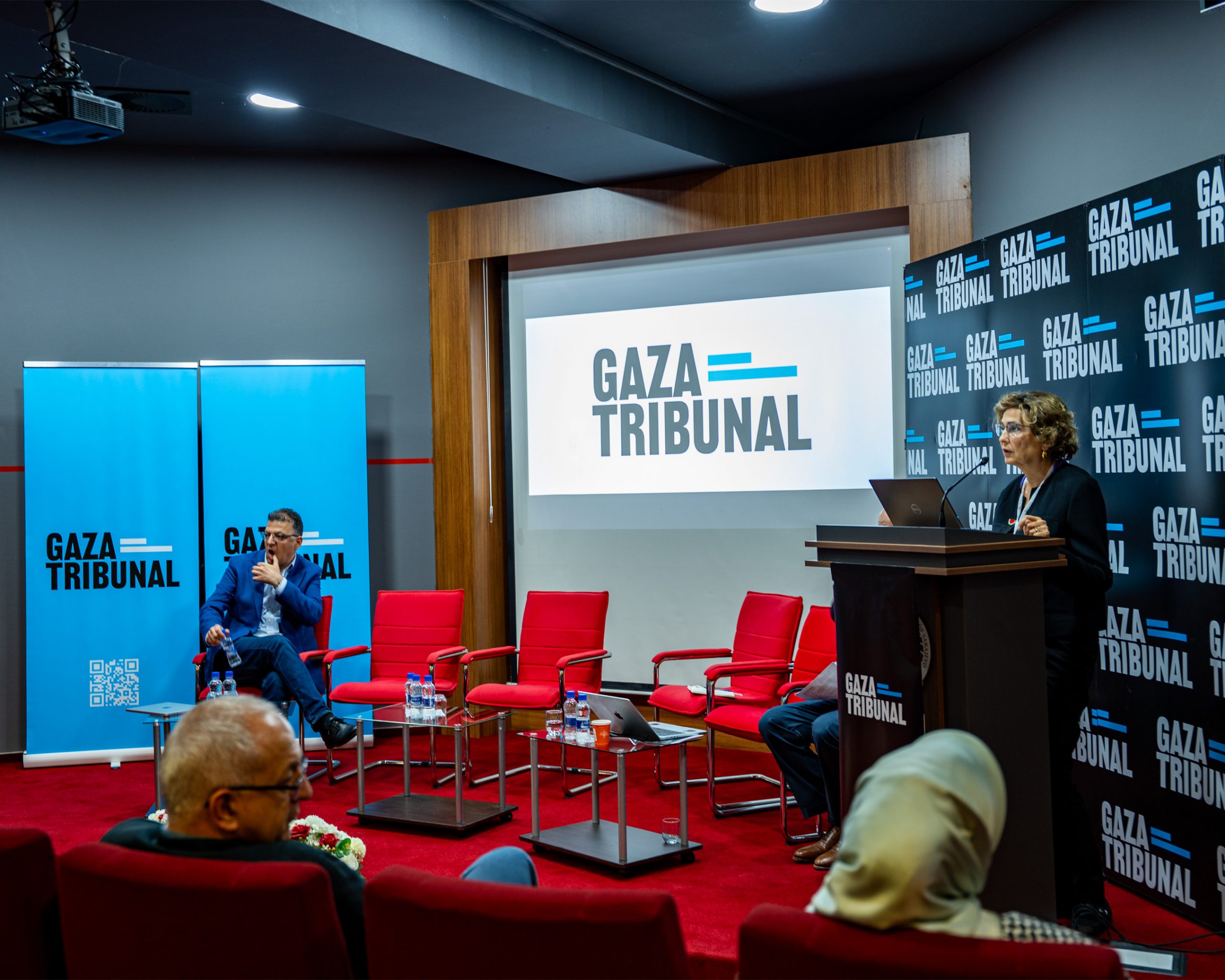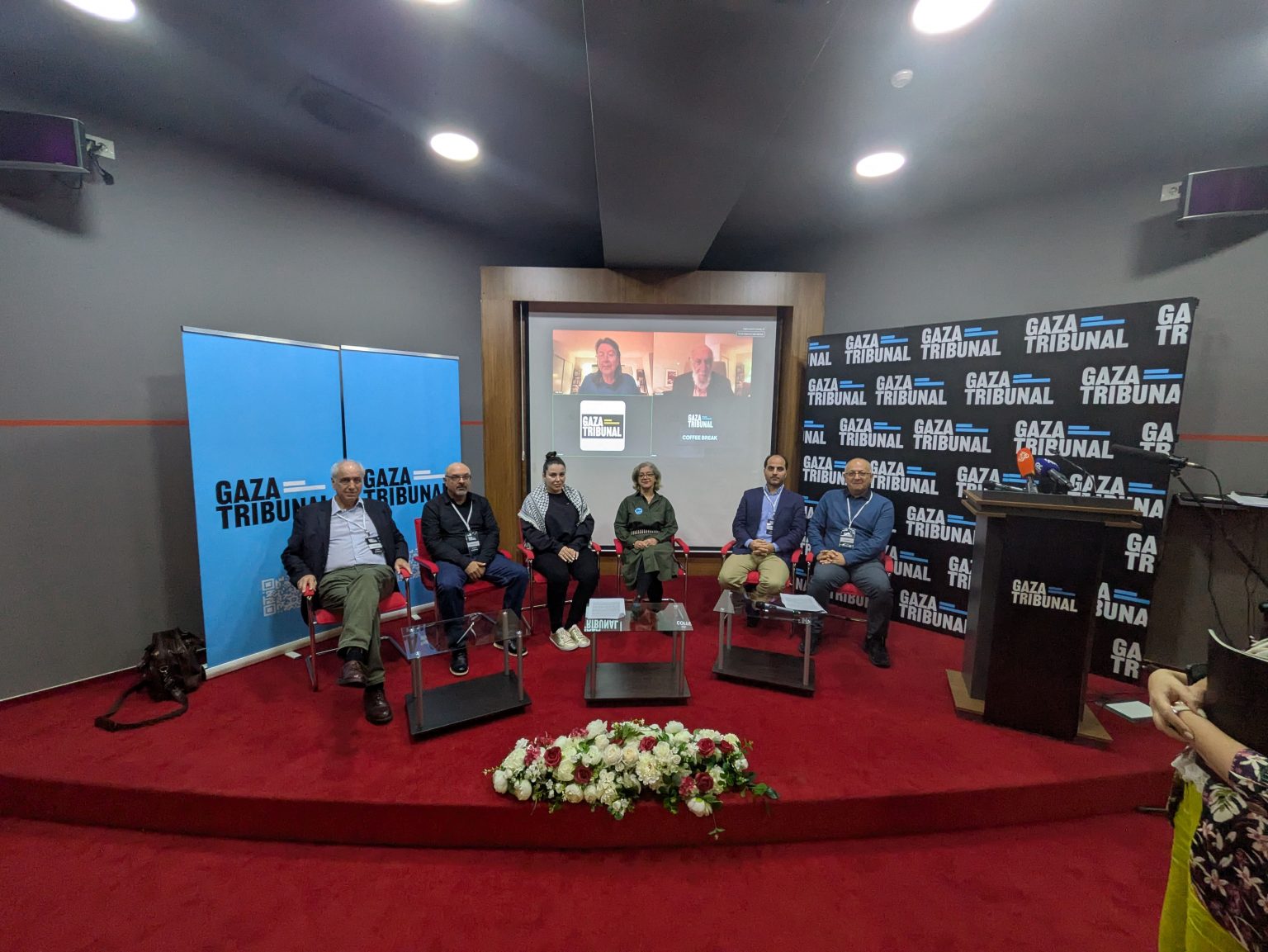After four intensive days of proceedings, the Gaza Tribunal Sarajevo Public Assembly has adopted a comprehensive declaration condemning Israeli crimes against Palestinians and demanding immediate international action to end what participants unanimously characterized as an ongoing genocide.
A Culmination of Global Testimony
The assembly brought together leading legal experts, academics, medical professionals, journalists, and Palestinian witnesses in the historic city of Sarajevo—a location chosen for its profound understanding of genocide and international failure to prevent mass atrocities.
Over the first three days, participants heard comprehensive testimony documenting the systematic nature of Israeli actions in Gaza. Distinguished speakers including Richard Falk, Penny Green, Craig Mokhiber, and Ilan Pappé provided crucial legal, historical, and political context, while Palestinian witnesses shared harrowing first-hand accounts of the humanitarian catastrophe. Medical professionals who served in Gaza hospitals described unprecedented levels of trauma and systematic attacks on healthcare workers.
Day Four: Legal Framework and Historical Parallels
The assembly’s final day focused on accountability mechanisms and drew powerful parallels with historical genocides. Harun Halilović, a legal expert on the Srebrenica genocide, explained how the duty to prevent genocide under international law is triggered when there exists a “serious risk” of genocide—a threshold clearly exceeded following the International Court of Justice’s provisional measures.
Mustafa Cerić, former Grand Mufti of Bosnia, drew haunting parallels between Srebrenica and Gaza, questioning why both genocides have targeted Muslim populations while “Muslim blood is cheap” but Muslim resources remain valuable to Western powers.
Noura Erakat, the prominent Palestinian-American legal scholar, delivered a closing argument detailing how Israel has destroyed 92% of Gaza’s residential buildings and incapacitated all hospitals, seeking to “obliterate the future of a people.” She warned that the international community now risks normalizing genocide itself.
The Sarajevo Declaration: Key Demands
The assembly’s declaration presents a comprehensive roadmap for international action:
Immediate Actions Required
• End to occupation, siege, apartheid, and genocide
• Freedom for Palestinian prisoners
• Rejection of smear tactics labeling critics as “antisemites” or “terrorism supporters”
Recognition of Palestinian Rights
• Affirmation of Palestinian right to resist foreign occupation, including through armed struggle, as recognized under international law
• Declaration that Palestinian self-determination is fundamental international law and non-negotiable
International Accountability Measures
• Universal boycott, divestment, and sanctions against Israel
• Military embargo and suspension from international organizations
• Criminal prosecution of all perpetrators and those complicit in war crimes and genocide
Ideological Framework
• Explicit rejection of Zionism as a destructive settler colonial ideology
• Call for decolonization and replacement of ethno-supremacist systems with equal human rights for all
A Historic Moment of Moral Clarity
Meeting in Sarajevo—site of the 1995 Srebrenica genocide—the assembly emphasized how international institutions established after the Holocaust have failed to prevent subsequent genocides. Participants noted the tragic irony that Gaza represents the first genocide to be “live-streamed” to the world, yet international paralysis continues.
The declaration warns that “the world is approaching a dangerous precipice, the front edge of which is in Palestine,” and that failure to act risks the complete collapse of international legal and moral order.
Growing Global Movement
The assembly concluded with recognition of the unprecedented global solidarity movement, particularly among younger generations who have normalized discussion of Israeli genocide within months rather than the decades it took to recognize Israeli apartheid.
Participants committed to continued organizing and pressure campaigns, emphasizing that “Palestinian lives are at stake” and “the international moral and legal order is at stake.”
A Call to Conscience
The Gaza Tribunal Sarajevo Public Assembly stands as a historic intervention by civil society in the face of institutional failure. It provides both a comprehensive record of ongoing crimes and a clear roadmap for the international community to fulfill its legal and moral obligations.
As participants emphasized, this is not merely about Palestine—it represents a defining moment for international justice and the future of human rights worldwide.
Learn more about the Gaza Tribunal at gazatribunal.com/about
The full Sarajevo Declaration and tribunal proceedings are available for public access and academic study.
